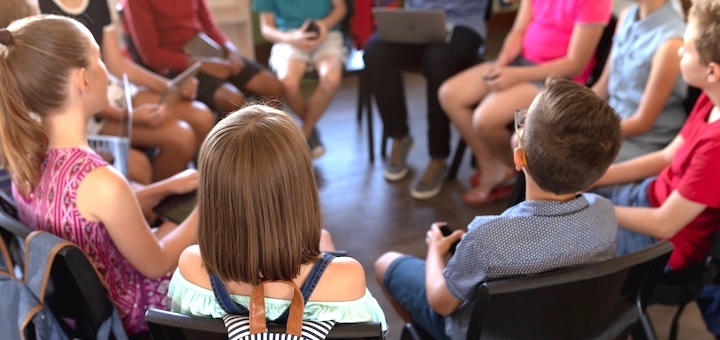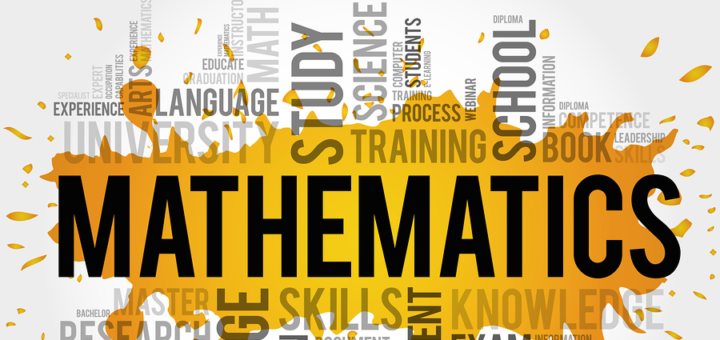Rewiring Student Brains for Class Discussions
Many teachers are intrigued by the Socratic method but worry “it won’t work with my students.” A Socratic seminar calls on ALL the big executive skills. Patricia Cook and Susanne Croasdaile found that we don’t need to wait until they’re all “ready” – we can just dive in!






















